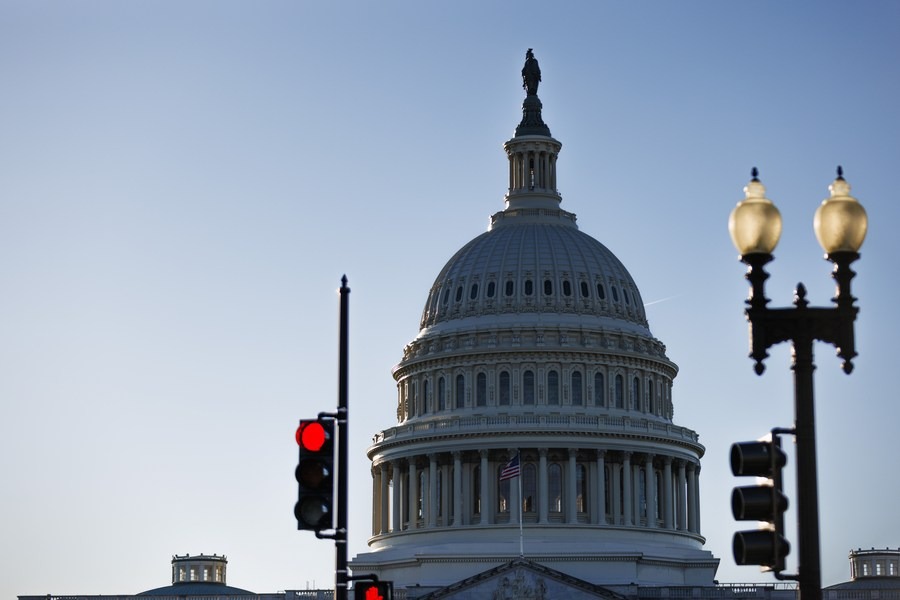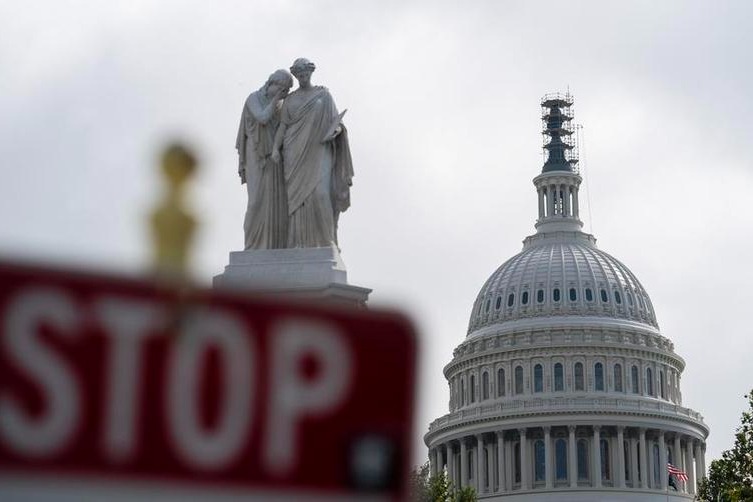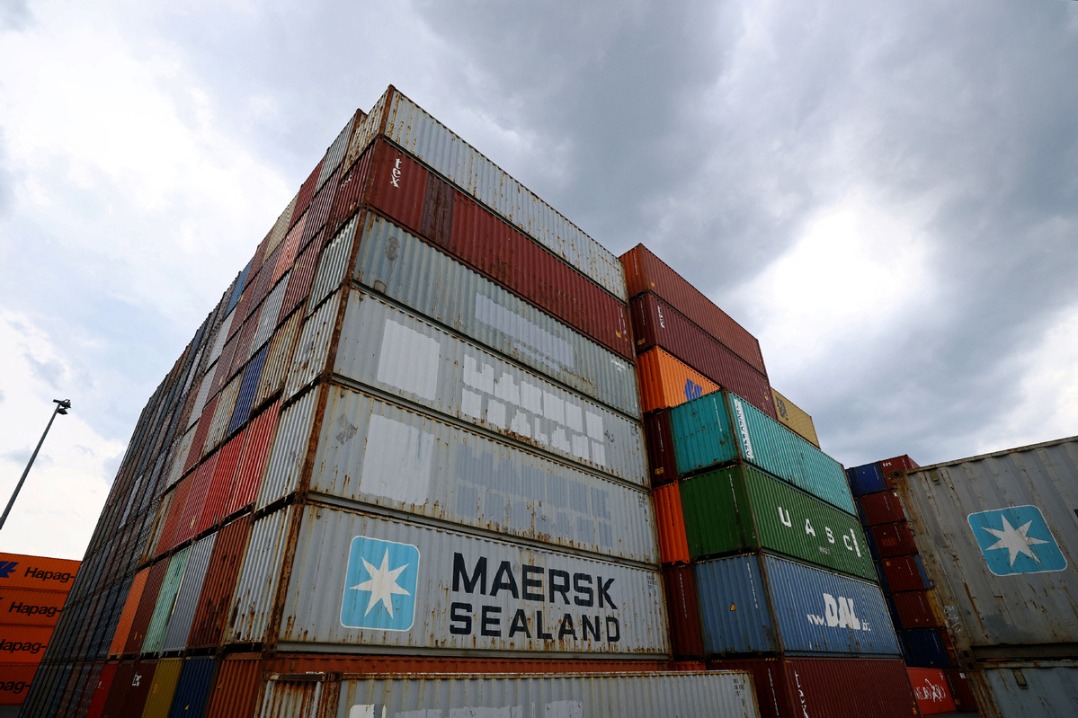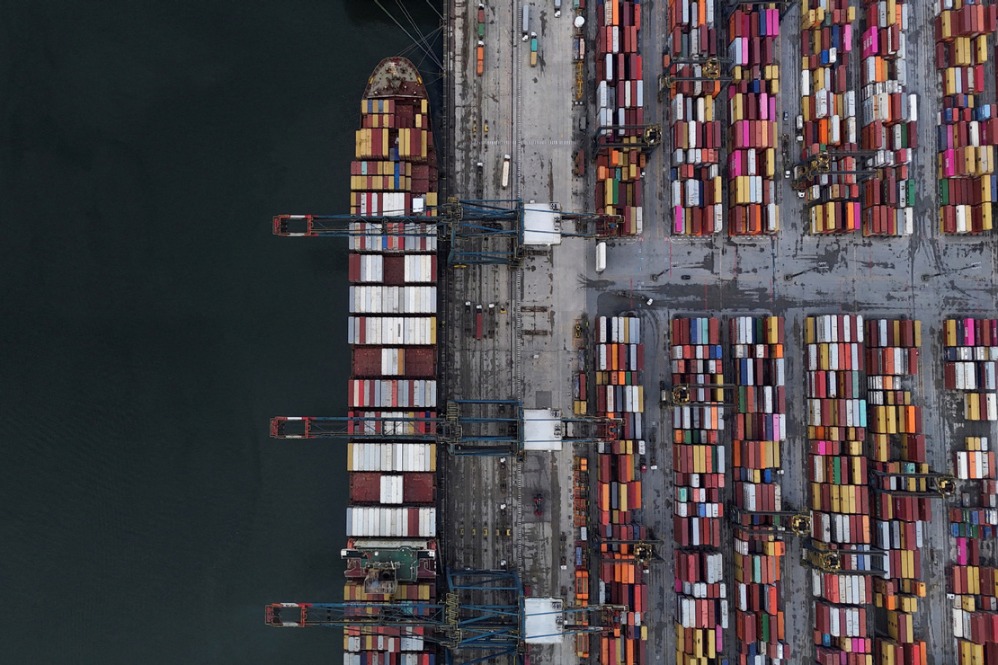Livelihoods hinge on green recovery


Climate change may be an abstract issue for many, but environmental anthropologist Serina Abdul Rahman points out that this is far from the case with a fishing community in the southern Malaysian state of Johor.
Serina said the fisherfolk of the area are typical of the communities across the world now affected by erratic weather patterns that threaten their livelihoods.
Serina, a visiting fellow at the ISEAS-Yusof Ishak Institute in Singapore, works with fishermen in Johor and has seen firsthand how stronger typhoons and rising sea levels have brought home the crisis for people dependent on the ocean for their survival. Declining fish catches are now their immediate concern.
"In the past, some of these changes could be assumed to be the result of coastal development," she said. "But in 2021, this does not apply as everything had ground to a halt due to COVID-19. Yet we see a drastic reduction in fish catch."
Serina said this is why it is "incredibly important" to promote a green recovery from the pandemic for economies to ensure sustainability and protect livelihoods.
As Asian nations slowly recover from the pandemic, conducting mass vaccinations and reopening their economies, it is important for policymakers to include climate adaptation and mitigation measures in their policy planning, analysts said.
Decarbonization of the economy was a key theme at recent high-level talks in the region. At the Asia-Pacific Economic Cooperation meeting hosted by New Zealand, the leaders' summit ended on Nov 12 with a declaration acknowledging the need for "urgent and concrete action to transition to a climate-resilient future global economy".
Chinese President Xi Jinping said on Nov 11 at the APEC CEO Summit that China will "advance green transition" and contribute to ecological conservation in the Asia-Pacific region. The country plans to hit peak carbon dioxide emissions before 2030 and achieve carbon neutrality before 2060.
The COVID-19 pandemic has "highlighted the need to urgently reorganize society toward one that is both ecologically sustainable and socially just," said Cesar Carlito Baclagon, regional finance campaigner at 350.org, an international environmental group.
Billions affected
The United Nations Economic and Social Commission for Asia and the Pacific said in its Asia-Pacific Disaster Report 2021 that over the past 50 years, natural hazards in the region have affected 6.9 billion people and killed more than 2 million.
Saleemul Huq, director of the International Centre for Climate Change and Development, a think tank in Bangladesh, said a climate-resilient economic rebound is important because Asia is one of the regions that are most vulnerable to climate change, and it is also among the world's biggest emitters of greenhouse gases.
He said Bangladesh is "taking adaptation and building resilience as a major pathway". Saleemul cited a decision by Bangladesh's energy ministry to cancel plans to build 10 coal-fired power plants and the nation's plans to develop wind power plants.
Other Asian countries are likewise shifting to renewables and gradually reducing their use of fossil fuel to reduce emissions and fulfill their commitments under the Paris Agreement.
Indian Prime Minister Narendra Modi said his nation will achieve net-zero emissions by 2070 and that renewable energy sources will account for about half the country's power generation by 2030.
South Korean President Moon Jae-in said the country will end coal-fired power generation by 2050. South Korea also joined the Global Methane Pledge at the COP 26 climate summit, a global pact to cut methane emissions by more than 30 percent by 2030 from 2020 levels.
Indonesia will stop building coal-fired power plants after 2023 and is set to impose a carbon tax in 2022. President Joko Widodo said Indonesia is rehabilitating 600,000 hectares of mangrove forests until 2024.
Baclagon said the response to the climate crisis "demands swift and unprecedented action" not only from national governments but also from the international community.
"The recently concluded COP 26 has resulted in agreements that show only incremental steps forward rather than the monumental leaps needed to ensure a livable planet for all," he said. "This is where intergovernmental forums like the APEC could help bridge the gaps for insubstantial outcomes that were achieved during COP 26."
Yang Han and Xu Weiwei in Hong Kong contributed to this story.

































